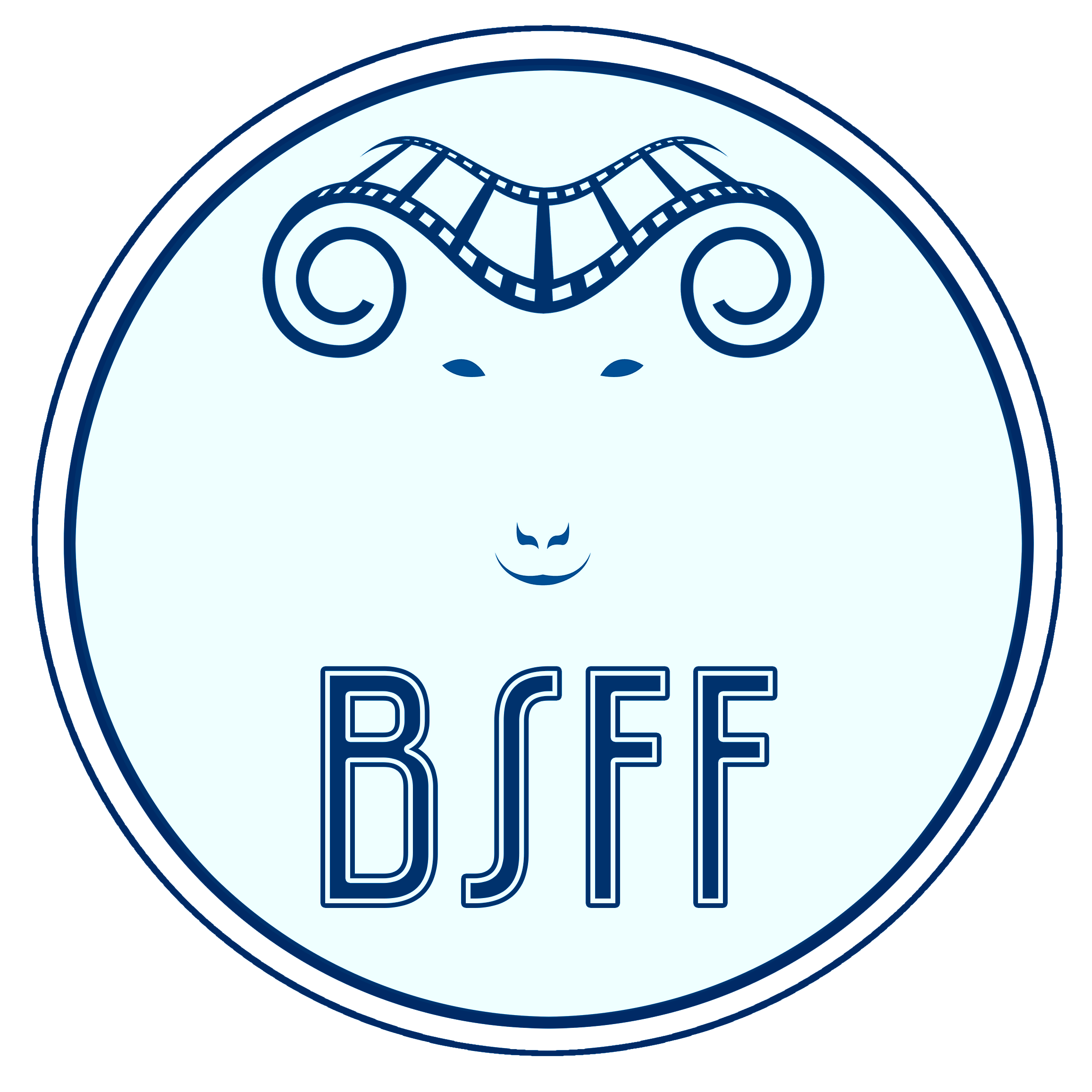5Q's w/Kelly Rundle "Letters Home To Hero Street" Director
#1: Can you describe your movie and why somebody should see it in less than 140 characters?
"Letters Home to Hero Street" tells a personal and unforgettable story of war through letters written by the son of Mexican immigrants.
#2: What do you want the Borrego FilmFestival audience to know about your film that isn’t obvious from its title?
"Letters Home to Hero Street" is a historical documentary that unfolds like a narrative film. A personal story of war and remembrance is told through the letters that Frank Sandoval, the son of Mexican immigrants, sent home to his family in Silvis, Illinois.
Frank becomes one of eight veterans of WWII and the Korean War killed in combat from the same block-and-a-half long street--more than any other street in America.
In 1969 the street was renamed Hero Street. Many of the props used in the film belonged to Frank and the Sandoval family. "Letters Home to Hero Street" recently received an Emmy nomination.
#3: What is your movie making background? Tell us about yourself.
I've been directing independent historical documentary films for more than two decades. My wife Tammy produces our films. Our previous documentary feature films include "Villisca: Living with a Mystery," "Lost Nation: The Ioway," "Country School: One Room - One Nation," "Movie Star: The Secret Lives of Jean Seberg," and "River to River: Iowa's Forgotten Highway 6."
In addition to "Letters Home to Hero Street" we have produced two other documentary short films including "AXMAN" and "Any Kid Anywhere: Sex Trafficking Survivor Stories." Films in production or post-production include "The Barn Raisers," "Hero Street," "Mr. John Deere's Dream" and our first docudrama "Sons and Daughters of Thunder." We have two Emmy nominations including the latest one for "Letters Home to Hero Street."
#4: What was the biggest lesson learned in getting your film made?
"Letters Home to Hero Street" was made possible by an unexpected grant and a partnership with WQPT, our local PBS station. The grant was awarded in August 2014 and the film had to be completed by December 2014. We generally have more time to produce our historical documentaries, so we learned how to design a project for completion in a very limited amount of time and with limited resources.
#5: What does the future hold for your film and you?
"Letters Home to Hero Street" will continue its film festival tour, and screen in art houses, museums, universities and other venues throughout the U.S. It will also continue to air on PBS stations in 2016. The film and lesson plans will also be available to teachers via the national PBS Learning Media website.
In addition, we are seeking support for our feature-length "Hero Street" documentary film. The film will tell the story of all eight Mexican-American men from the same short street in Silvis, Illinois who lost their lives in World War II and the Korean War (HeroStreetMovie.com). We also have several other projects underway.
After wrapping production earlier this year, we are looking forward to beginning post-production on our first docudrama entitled "Sons & Daughters of Thunder". The film tells the unknown story of Harriet Beecher Stowe's awakening to the horrors of slavery. Harriet's father was the president of a seminary in Cincinnati in the early 1830s, and it was there that Harriet observed the first public debates of the abolition of slavery in the United States. She went on the write "Uncle Tom's Cabin" and the novel turned the tide of public opinion in favor of abolition (LaneRebelsMovie.com).
We also plan to release "The Barn Raisers" in 2016. The film examines Midwestern barns as architecture and paints a cinematic portrait of these wood, stone and brick icons of American agriculture (BarnMovie.com). "The Barn Raisers" is a companion to our Emmy-nominated "Country School: One Room - One Nation."





